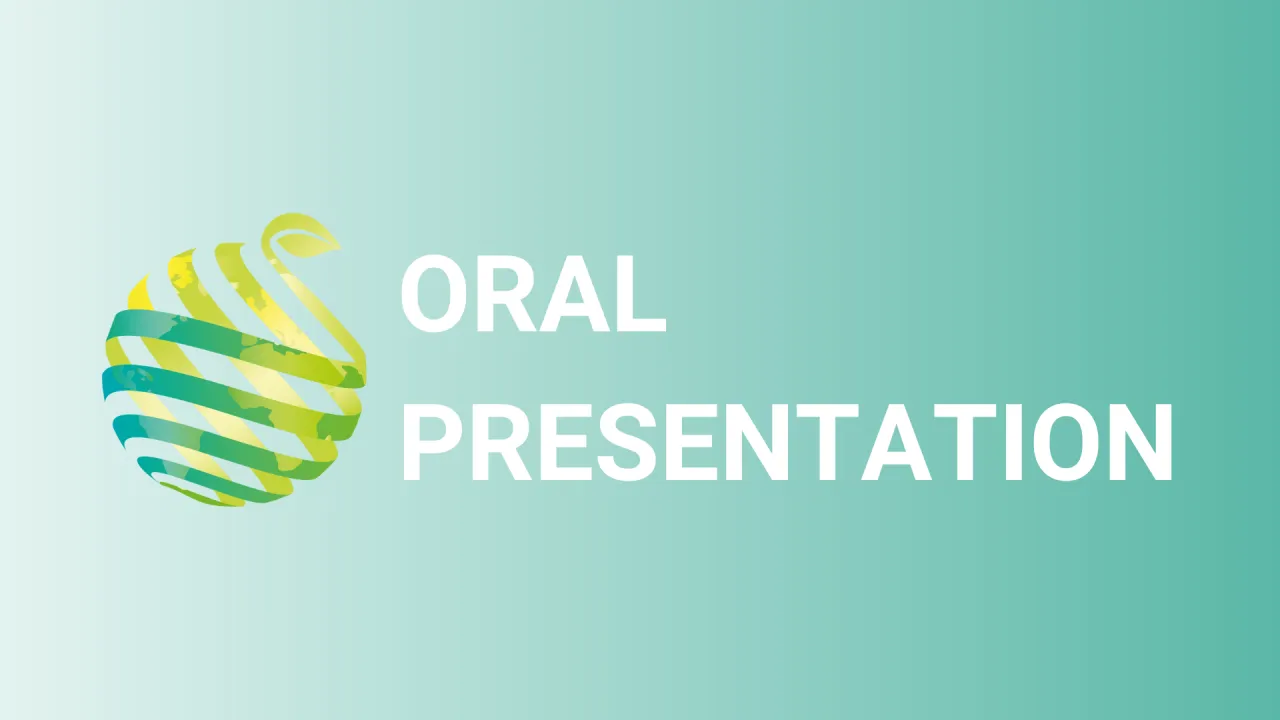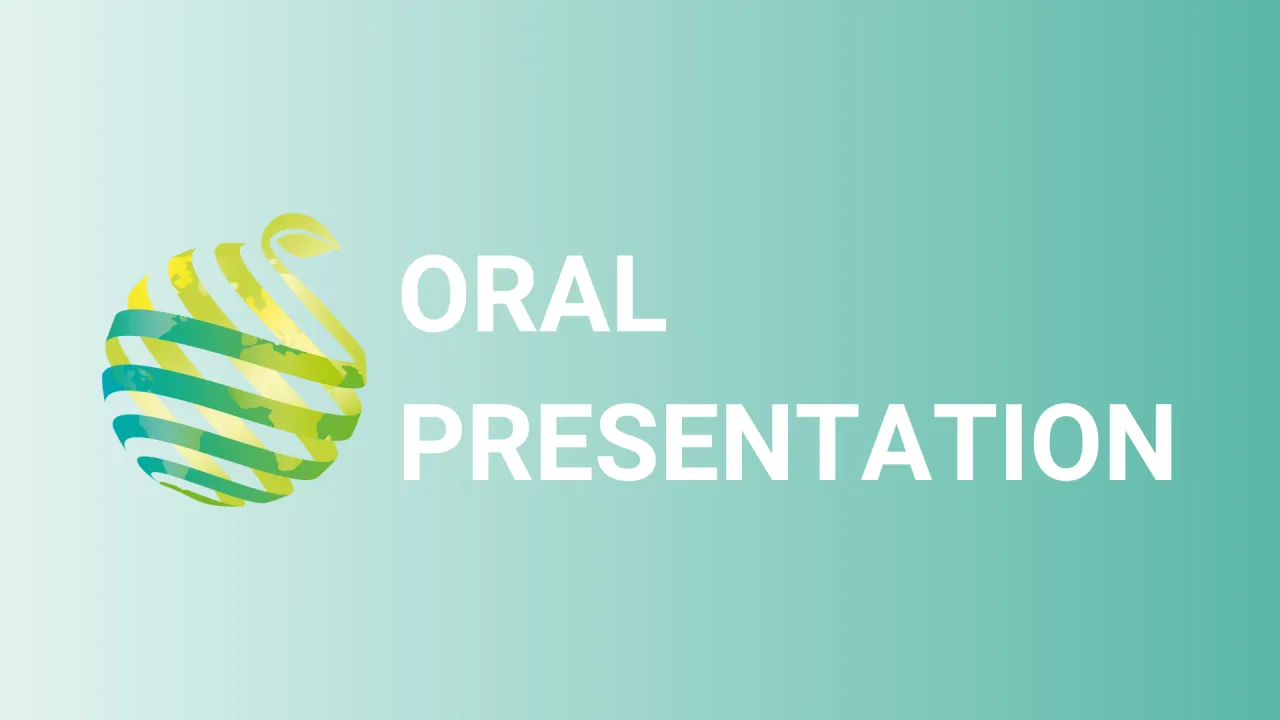

S25 - Session O4 - Specialized metabolites content in hydroponically grown nettle
Information
Authors: Nevena Opacic *, Jana Sic Zlabur, Lucijan Sikiric, Marko Petek, Lepomir Coga, Sanja Fabek Uher, Bozidar Benko, Nina Toth, Sandra Voca, Sanja Radman
Stinging nettle ( Urtica dioica L.) is a perennial plant species that is often perceived as a weed, but in recent years it has attracted interest for its medicinal and nutritional properties. Wild nettle is primarily a variable plant material of unexplored composition, so recent research aims to the importance of its cultivation. Optimal yield and nutritional quality of the final product are influenced by a number of abiotic, biotic and anthropogenic factors, which are difficult to control due to fluctuating environmental conditions during field cultivation. Modern greenhouse hydroponic cultivation techniques, such as floating hydroponics, can eliminate the problems of field cultivation and allow earlier harvesting, higher yields and better quality of plant material. Optimal conditions for plant growth are achieved by proper management of the abiotic factors of air and nutrient solution during cultivation. Since different plant species differ considerably in their uptake of certain nutrients, it is necessary to determine the optimum composition of nutrient solution for each species depending on the cropping season and the purpose of the final product. The aim of this study was to determine the specialized metabolites content and antioxidant potential of fresh nettle leaves depending on the content of two different nutrient solutions (EC 1.8 mS/cm and EC 3.0 mS/cm) in floating hydroponics. The nutrient solution with the lower amount of nutrients (EC 1.8 mS/cm) resulted in higher levels of total phenolics (224.45 mg GAE/100 g) and lower levels of vitamin C (95.16 mg/100 g) and antioxidant capacity (2448.91 µmol TE/L). Based on the results obtained, it can be concluded that floating hydroponics is a suitable technique for nettle cultivation, providing plant material with adequate yields and rich nutrient composition.